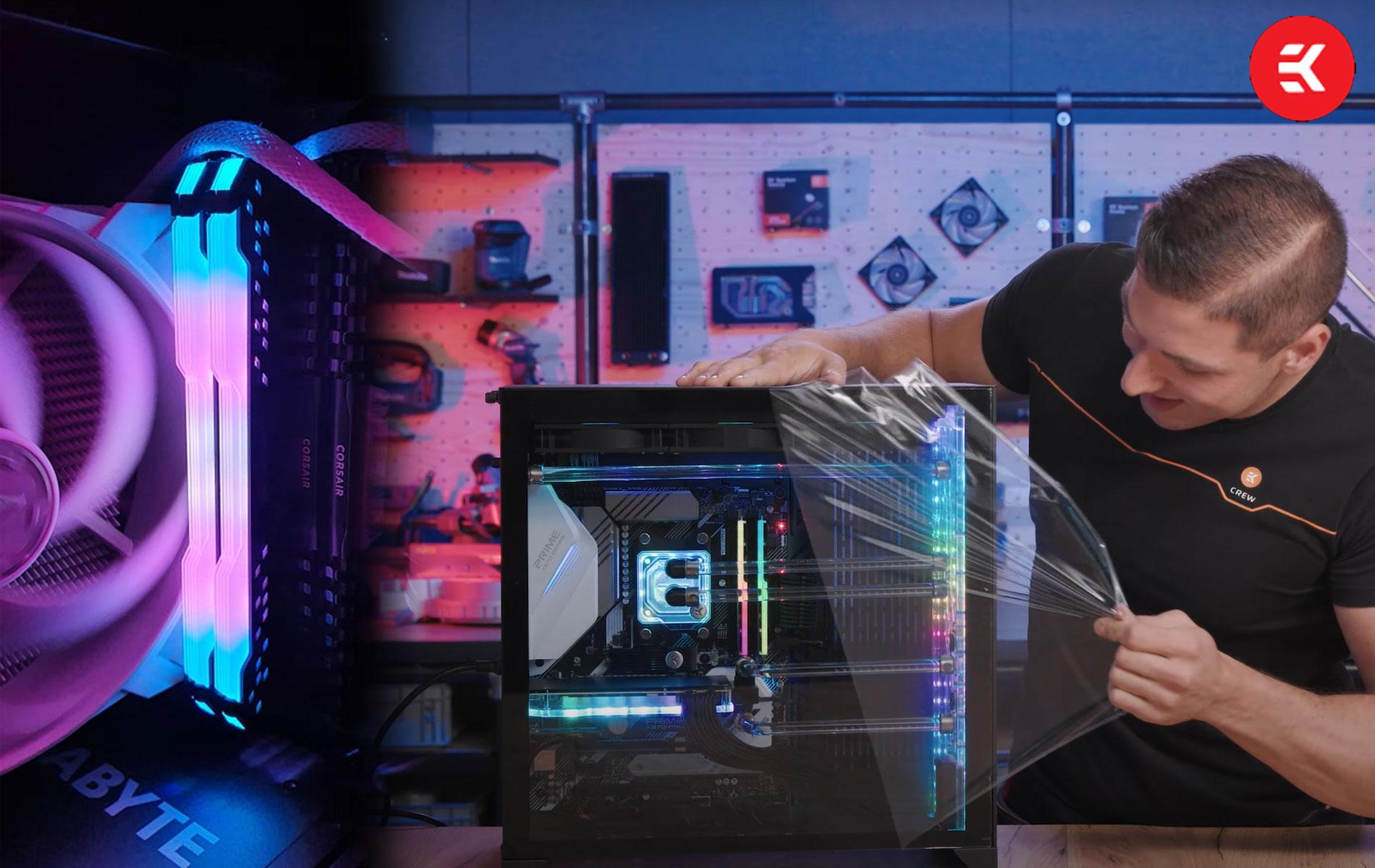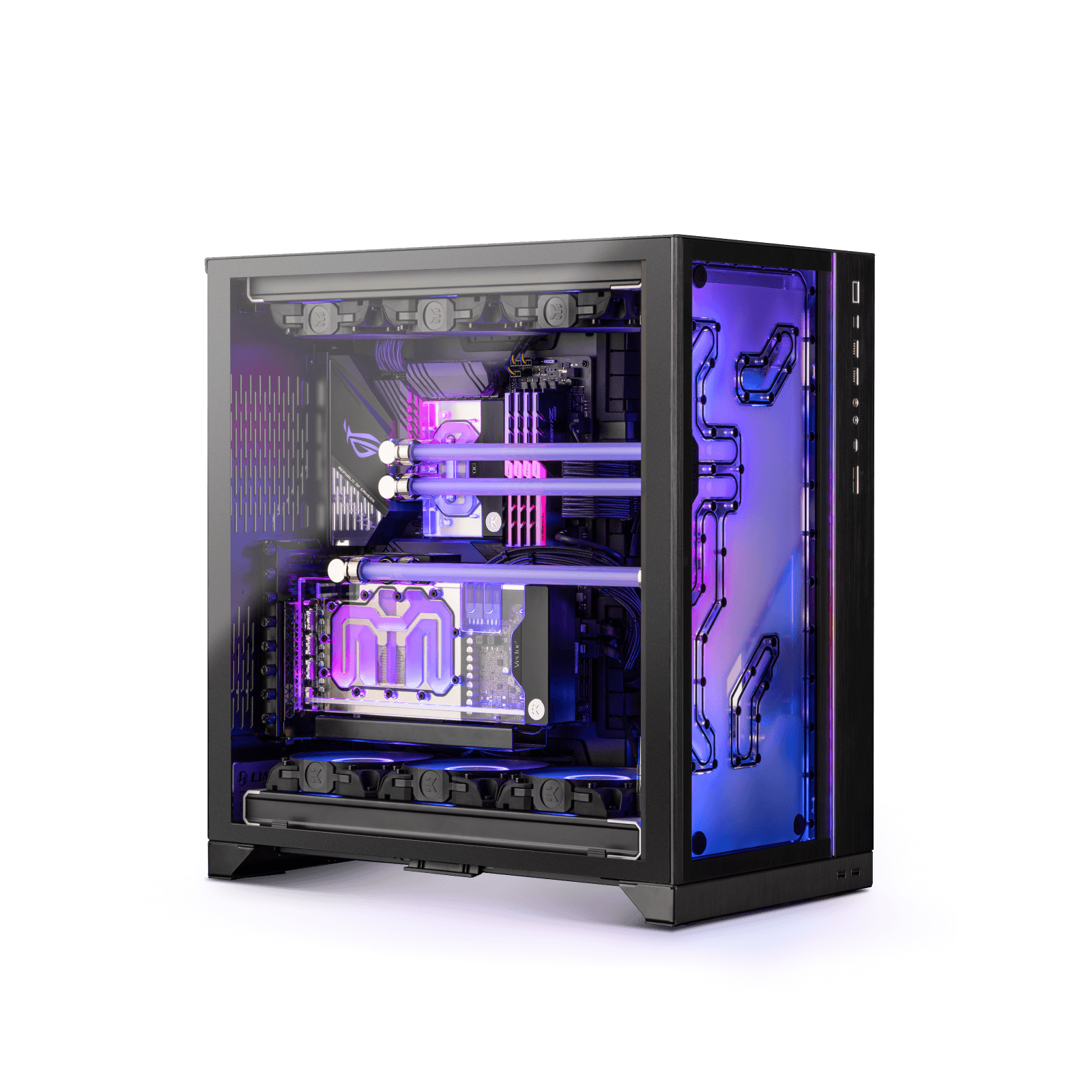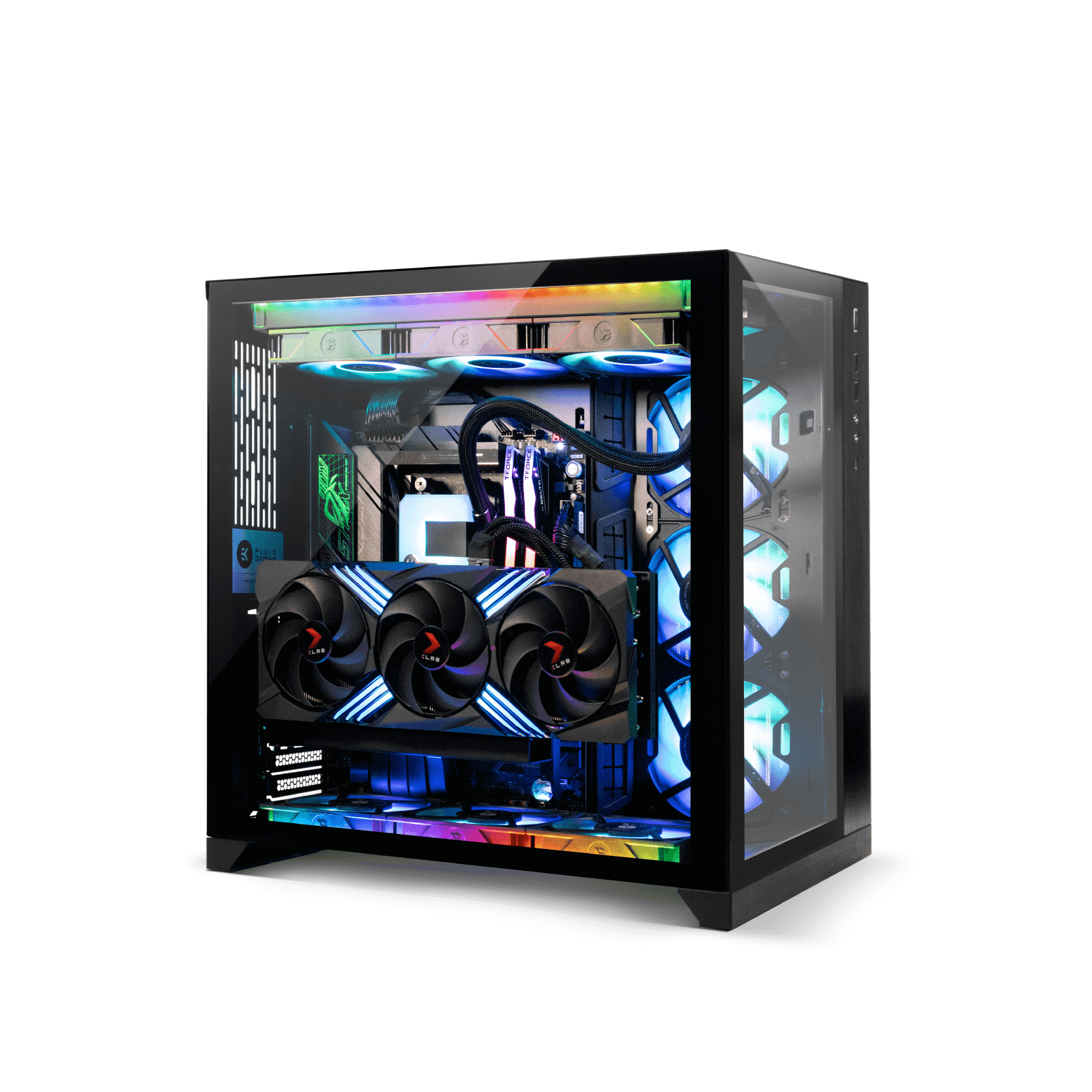
How Much RAM Should a Gaming PC Have?
1/14/2022 9:23 AM
If you’re building your own PC, ‘how much ram should a gaming pc have’ is an important question that seems to have a different answer depending on who you ask.
Building a PC is fun, but it can also feel a bit overwhelming at times. People might ask you what specs you’re running with - what CPU, what GPU, how much RAM? You’ll, no doubt, want to get the best out of your brand-new PC, so these are questions you’ll need to ask yourself before you start shopping for your dream build. So, how much RAM should a gaming PC have? Well, we’re here to help.
What Exactly Is RAM?
RAM stands for ‘Random Access Memory’. The easiest way to think about it is that it's your PC’s ‘short-term memory’.
When you launch a game or an application, the hard drive will temporarily send the game information to the RAM. RAM is important for gamers because it means your PC can load applications and games quicker and more efficiently than it can retrieve that information from the main storage disk or the solid state drive. If you don’t have enough RAM, your new gaming PC will struggle to store game information, which could lead to poor performance. In some cases, the game won’t be able to be played at all.
If you are buying a brand-new custom built PC, it is often a good idea to select one that includes the latest technology to future-proof your PC. Whilst it may be more expensive upfront, this will accelerate your workflow and save you from needing to upgrade your RAM sooner than needed.
How Much RAM Should A Gaming PC Have?
At time of writing, gamers should look to have no less than 8GB of RAM. In today’s day and age, 4GB of RAM is simply too weak to run most new-gen titles. 8GB is recommended for casual players, who aren’t looking to play high-intensity games.
If you’re looking to play software that might include heavy rendering or ray-tracing, or even simply browsing the web with several tabs open, 16GB of RAM will provide enough memory for demanding games. 16GB of RAM is ideal, especially when paired with an AMD or NVIDIA graphics card.
However, if money is no issue, it could be worth future-proofing your build with 32GB of RAM. To give some context - Cyberpunk 2077 on PC, set to Ultra settings with ray-tracing enabled, recommends 32GB of RAM. Thi
Next, if you’ve been in the market for RAM, you’ve probably seen the term ‘DDR’. This stands for Double Data Rate, which means your stick of RAM will operate twice per every clock cycle. Put simply, this means it can recall data quicker.
It’s important to remember that different generations of RAM are not compatible with each other. For example, a DDR4 stick of RAM can’t be read by a motherboard with DDR3 slots. Because DDR5 RAM is so new, it could be tricky to find matching motherboard support. We would recommend sticking with DDR4, which offers incredible performance at a fraction of the DDR5 price.
Finally, you’ll need to pay attention to clock cycles. You can find this measured in megahertz (MHz). This tells you how many cycles the RAM can do every second, which leads to smoother performance and faster recall rates. We would recommend 3200MH, which would run 3,200 billion cycles per second. If you mix and match RAM sticks with different clock cycles, your PC will run at the lowest frequency to avoid damaging the slower sticks, which will throttle performance.
So as we’ve seen, RAM is important when it comes to building your own gaming PC and it’s important to buy the correct component. Building your own PC is fun, but it can be time-consuming to research all this information, not to mention stressful, and very expensive if you get it wrong. Fortunately, we’re here to make things easier for you! For gamers and streamers, our high-performance, fully liquid-cooled gaming PCs take all the stress of component searching away, making it easy to find the perfect type of RAM for the games that you want to play.







